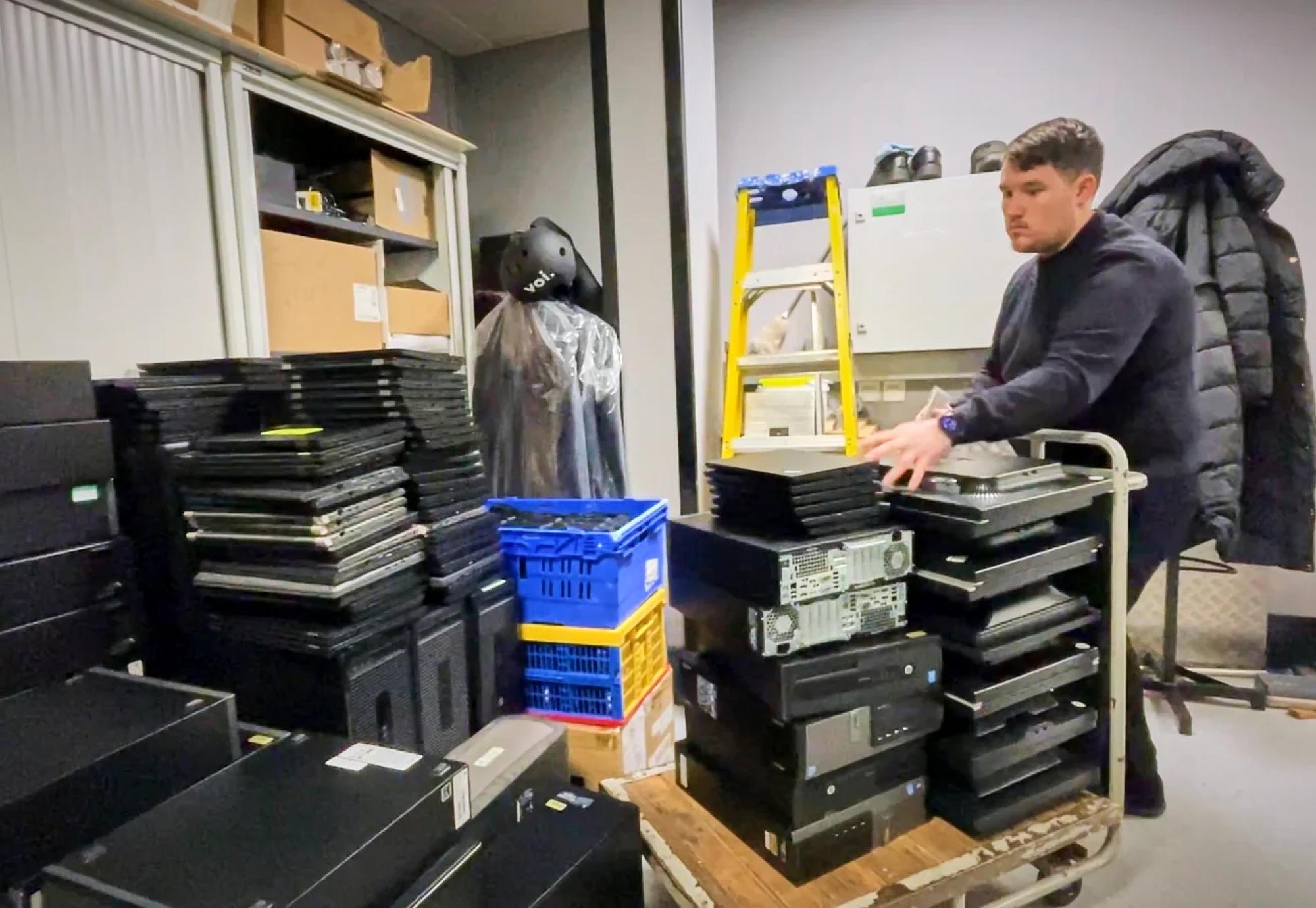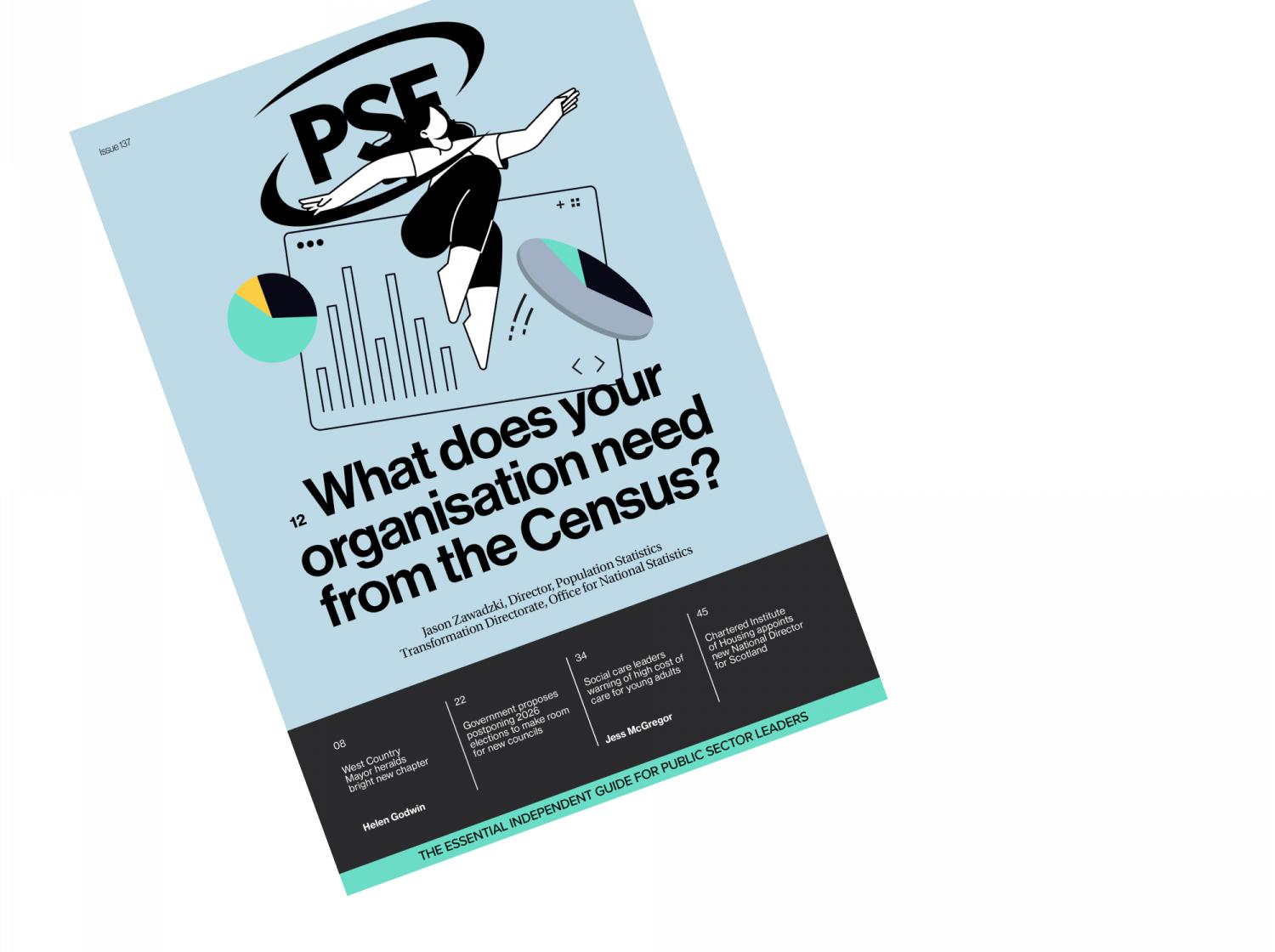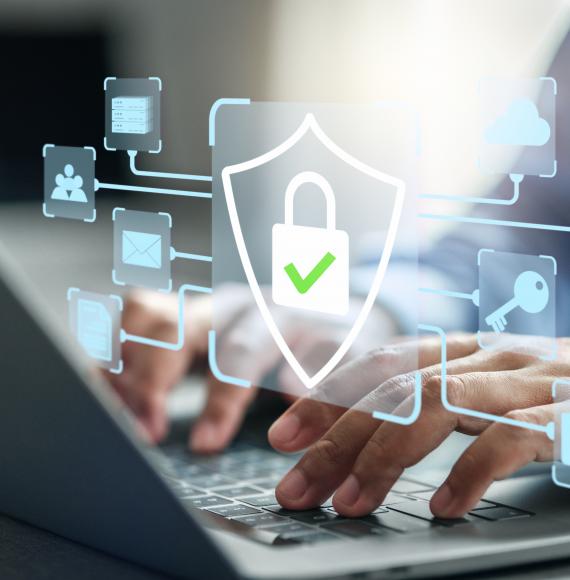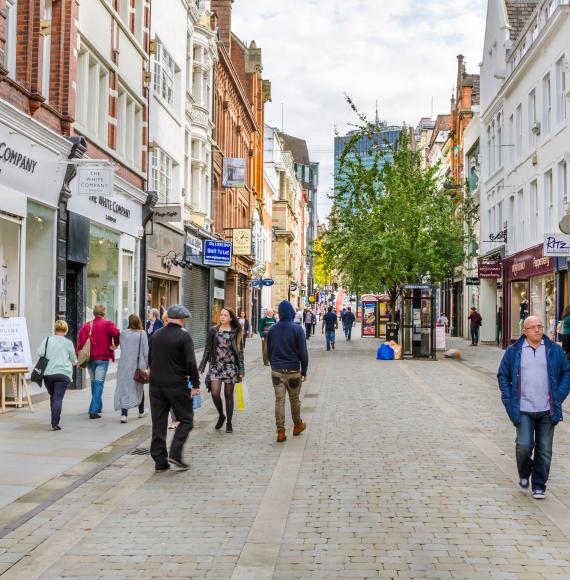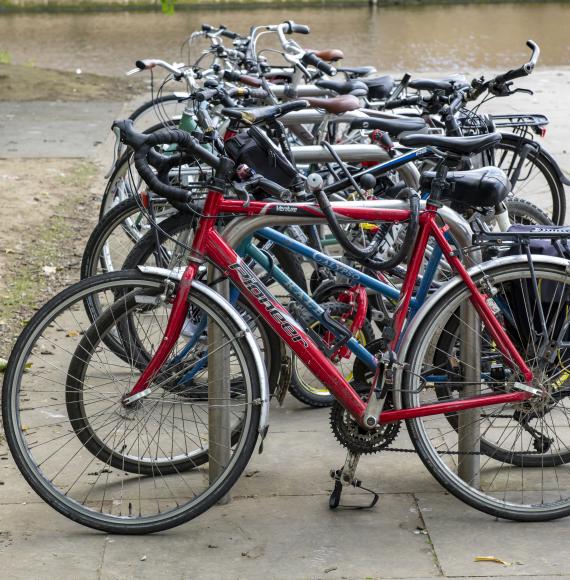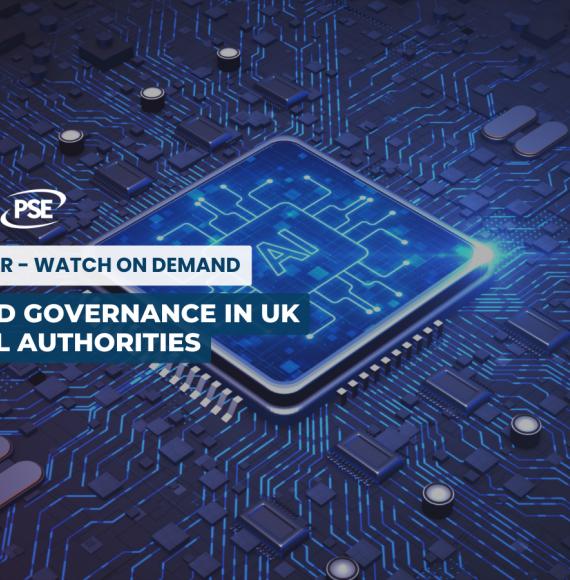The Liverpool City Region Combined Authority is one of the first organisations in the country to sign a new Government charter aimed at tackling digital exclusion by reusing IT equipment such as laptops and smart phones.
The Government’s new IT Reuse for Good Charter promotes a ‘reuse first’ approach to IT assets, with organisations giving their devices a second life through refurbishment and gifting them to someone who is digitally excluded.
The Combined Authority has already met the pledge commitments and early last year became the first authority outside London to donate retired desktop computers, laptops and monitors to the Good Things Foundation’s National Device Bank and their accredited refurbishment partner, Reconome.
Cllr Liam Robinson, Cabinet Member for Innovation, said:
“We are really proud to be one of the first signatories to this pledge and to be leading the way in this crucial work that both boosts digital inclusion and helps us along the road to net zero."
“It’s a no-brainer that we use our retired IT assets to help people get online rather than sending them to landfill. It’s something we’ve already enthusiastically embraced and we’re hopeful this initiative will persuade other organisations to come on board.”
To date, Liverpool City Region Combined Authority has donated more than 800 digital devices to the National Device Bank. A reused laptop can provide a critical lifeline to digitally excluded residents, supporting social value and helping meet net zero targets. Every reused laptop can save up to 290KG of C02 Emissions.
Organisations signing the Charter pledge:
- To take a reuse first approach to IT asset management - giving devices a second life by refurbishing and gifting them to help close the UK’s digital divide.
- To embed the approach into ongoing IT asset management strategies over time.
- To ensure devices are securely wiped, refurbished to good quality, fit for purpose, and provided free of charge to support people and families in the UK who are digitally excluded.
- To measure and report bi-annually on the environmental benefits and social impacts.
- To share lessons learned and encourage others to join the movement.
Telecoms Minister Sir Chris Bryant said:
“Britain is leading the way when it comes to technological advancements with everyday essentials such as doctor’s appointments and job applications becoming increasingly digital. But to maximise the full potential of technology, we need to bring everyone along with us on this journey.
"This Charter represents a significant step forward in our mission to bridge the digital divide and create a more sustainable approach to technology. By working together with industry and charity partners, we're helping more people access the digital tools they need to improve their lives while reducing harmful electronic waste."
Research shows that digitally excluded people face higher costs for things like home insurance, train travel and food - paying up to 25% more on average than consumers who are online.
One digital inclusion hub has been a lifeline for cousins Linda Colman and Irene Finneran, who previously struggled with digital isolation. Since attending Riverside Learning and Education Centre in Liverpool they have received a donated device through Good Things Foundation and have been taught how to get online safely and confidently.
Irene said:
“I’ve had an education, and I’ve got skills now. I never thought I would learn how to use a computer, and I never even thought I’d have an email address.”
With newfound skills and confidence in using technology, she can now stay in contact with family and loved ones.
Helen Milner OBE, CEO of Good Things Foundation, said:
“Alongside the Government, Vodafone, Three and Deloitte, Good Things Foundation has developed the IT Reuse for Good Charter, tackling the UK's digital divide and e-waste crisis head-on. With 1.5 million adults lacking essential devices and 1.45 million tons of e-waste discarded yearly, we're proud to lead the charge for a more inclusive and sustainable future. The Charter builds on the success of our National Device Bank and will be a game-changer, unlocking thousands of devices. We have also launched a Playbook to help businesses to navigate IT reuse for good, and bake it into their organisations.”
Improving digital inclusion is one of the Combined Authority’s key priorities. In addition to donating equipment to the National Device Bank, the Combined Authority’s Digital inclusion programme is more than halfway to its ambitious target of getting 10,000 people online by 2028.
The pioneering scheme has now supported more than 5,200 digitally excluded residents with a free tablet, connectivity and training – working with Lloyds Bank, Vodafone, Assurant and our network of delivery partners to donate a total of 1.2m gigabytes of free mobile data.
And using UKSPF Digital Connectivity Grants for Community Facilities, £1.4m in grants has been delivered to improve or establish over 170 Digital Inclusion Hubs while the LCR Digital Inclusion Network now has over 230 members.
Image credit: Liverpool City Region Combined Authority

